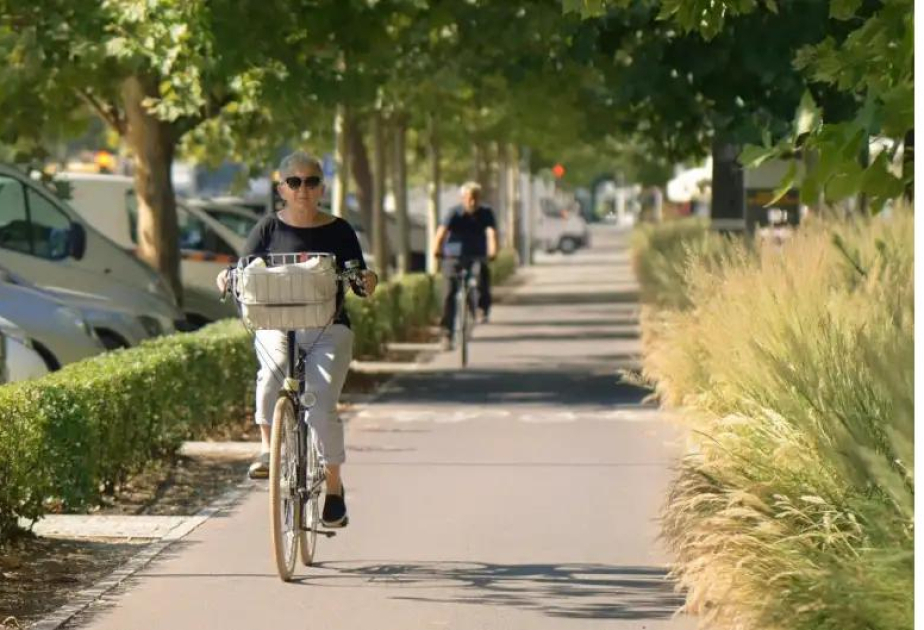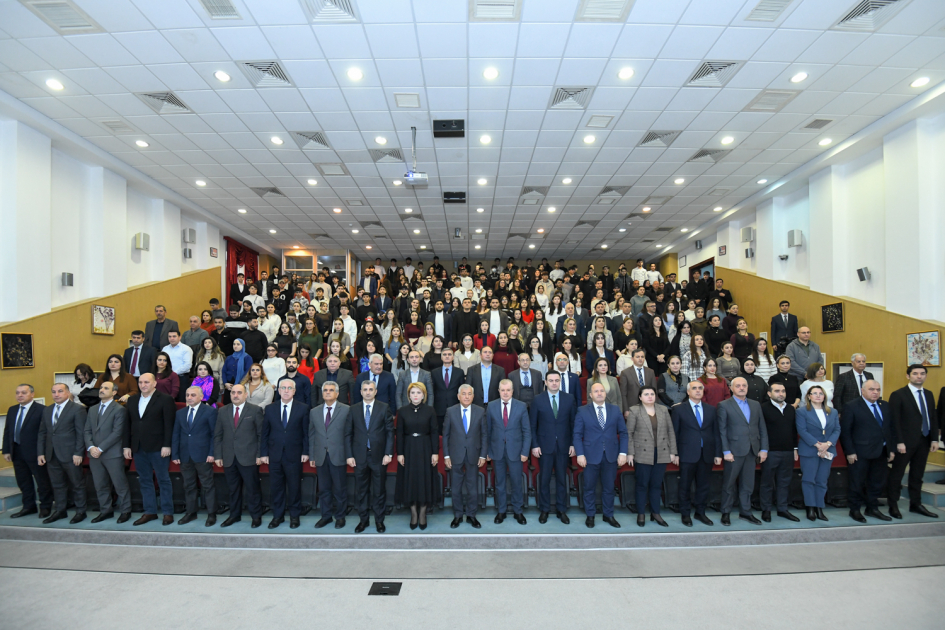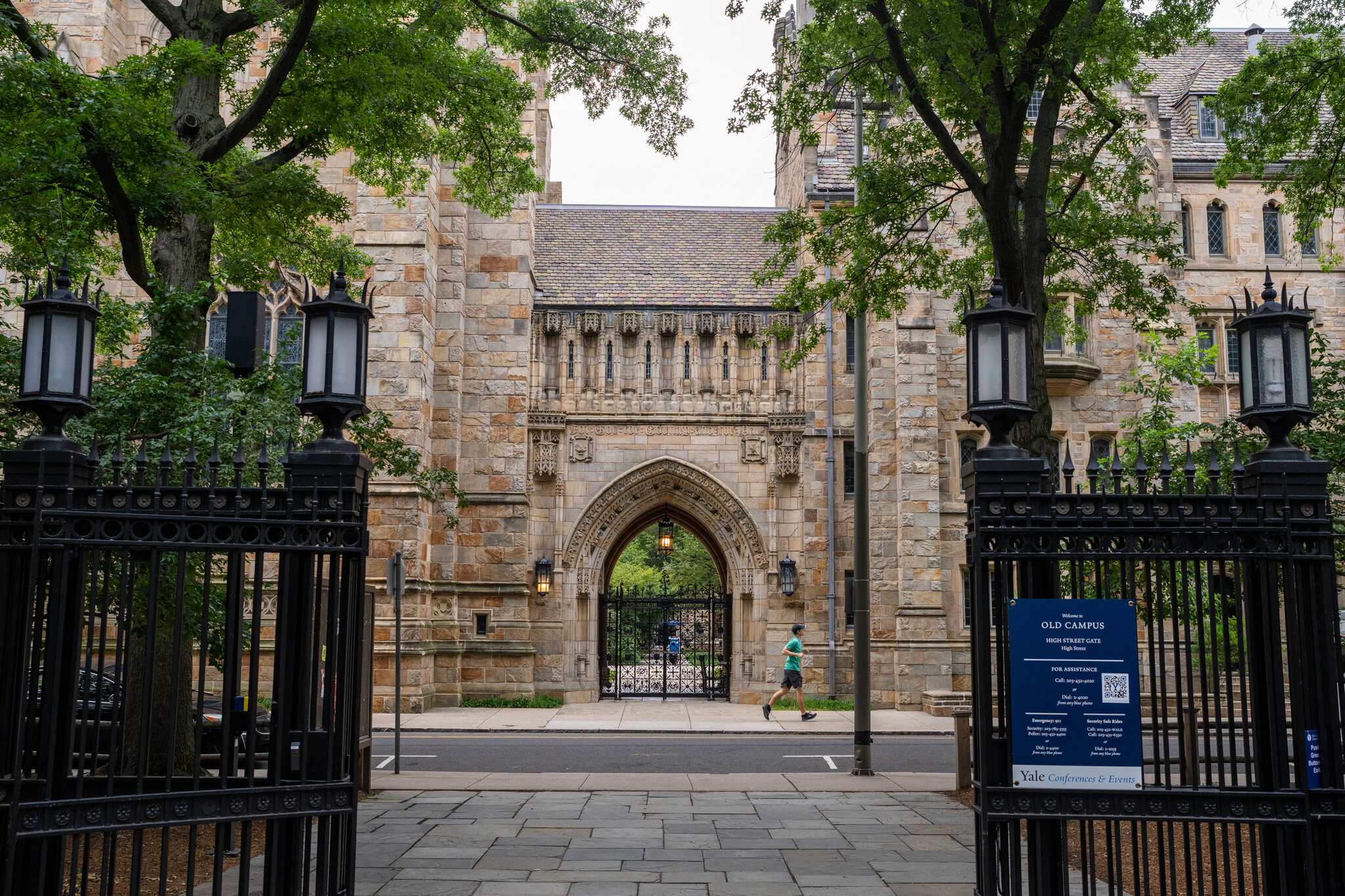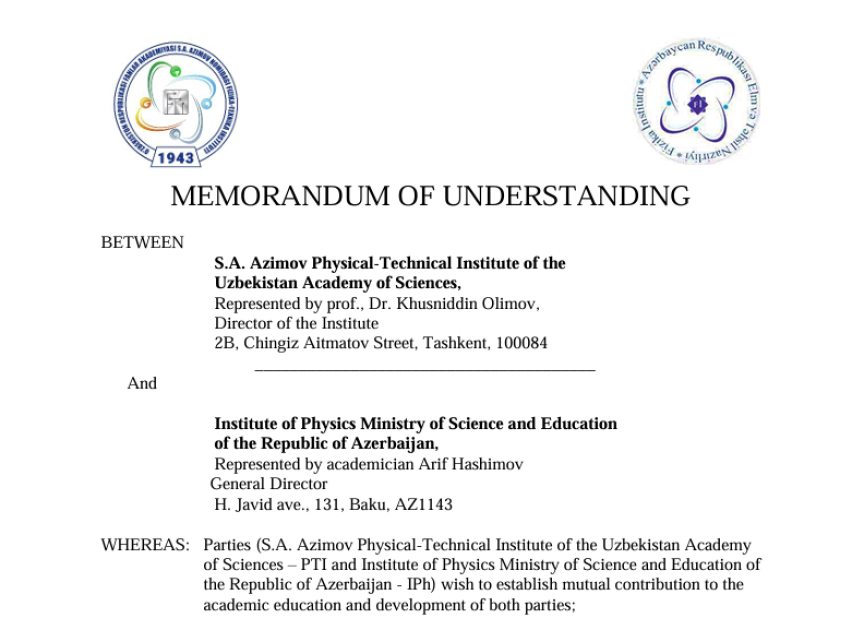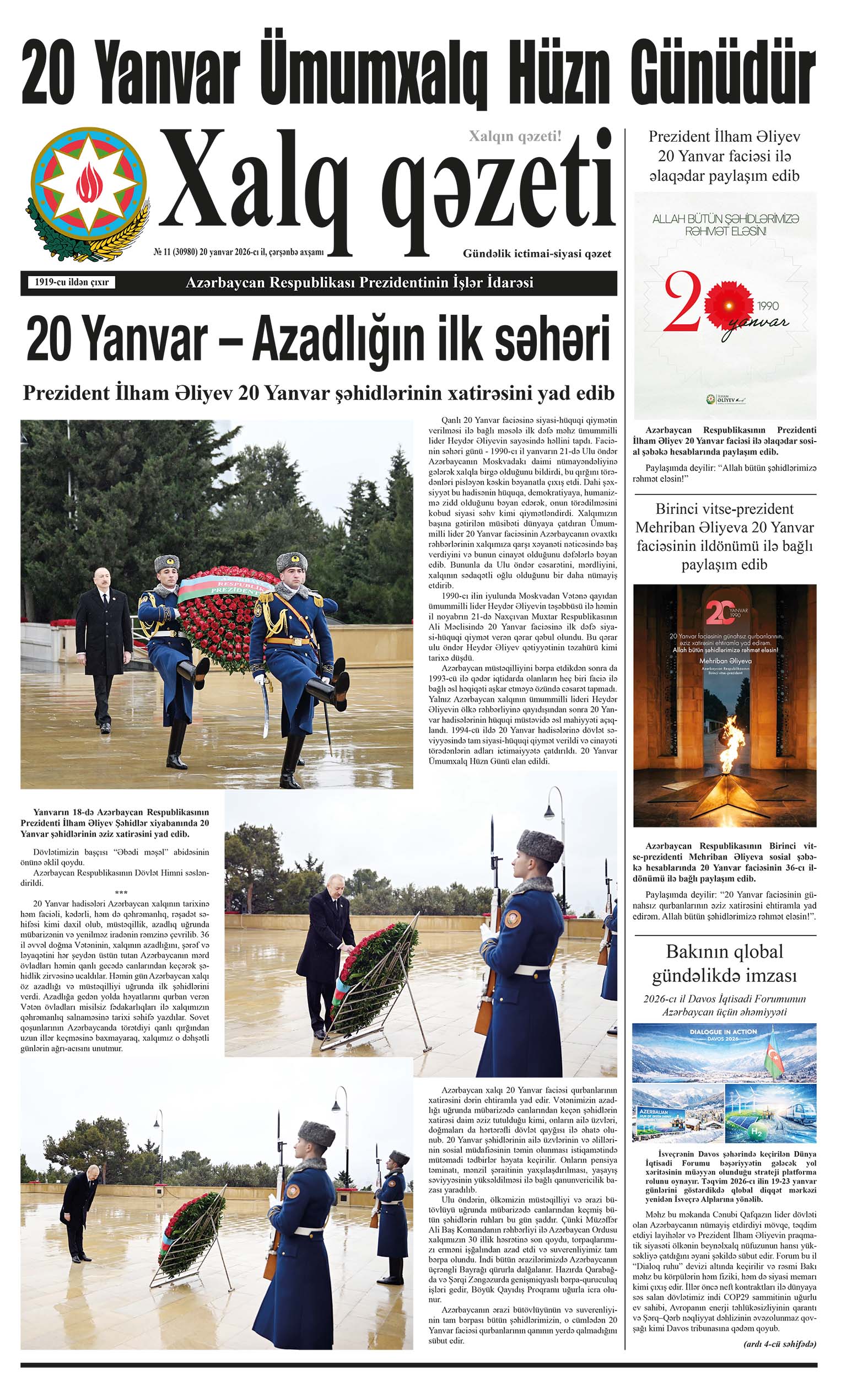A team of geriatricians, neurologists, nutritionists and public health specialists affiliated with a host of institutions across China, working with a pair of colleagues from Australia, has found that of all the transportation modes older people can use to get from one place to another, bicycling appears to offer the most benefit in potentially reducing the chances of developing dementia, according to MedicalXpress.
For their paper, published in the journal JAMA Network Open, the group analyzed years of medical data in the UK Biobank as a way to spot possible differences in dementia rates for people who regularly engage in different types of travel.
Prior research has shown that both exercise and engaging in spatial navigation regularly (such as working as a taxi or ambulance driver) can help slow the onset of dementia. In this new study, the team working in China wondered which activities related to both exercise and spatial navigation might be most beneficial.
To learn more, the research team pulled health records for 479,723 people with an average age of approximately 56.5 years, who were reasonably healthy and showed no signs of dementia. They then tracked the health of each person over an ensuing 13-year timeline. As part of their tracking, they compared the rates of those who developed dementia with those who did not by typical mode of transportation (not including to and from work).
In looking at the data, the researchers found that those people who regularly rode a bicycle for transportation had lower rates of dementia compared to those who walked, drove or took the bus. They also found that the same people retained more hippocampal volume and that the risk was less for all three types of dementia included in the study—Alzheimer's, young-onset and late-onset.
Traveling mainly by bicycle, or mixing it with another kind of transport, was a significant factor in retaining hippocampal volume. The team also found that people without the APOE ε4 gene variant gained even more by traveling by bicycle, and that those with the variant gained some benefit, but not as much.


